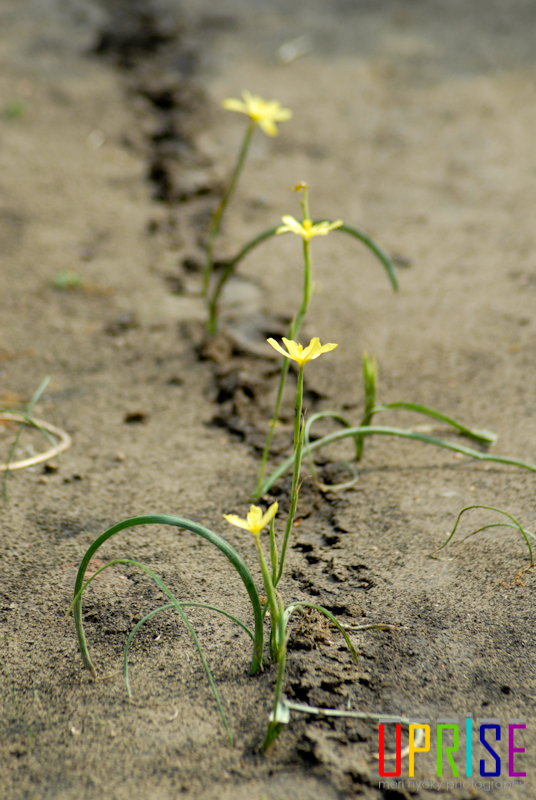By: Lineo Segoete
On one of my many trips to Morija, I stared out the window and marvelled at the landscape then a thought came to mind as I mused over why Lesotho is developing at such a slow pace. I concluded that it was because of fear. People are so consumed in fear that they would much rather coil up in their comfort zones and eliminate any possibilities of change. We wear our fear like Quasimodo’s hunchback and take it everywhere we go.
Some of us are so fearful that we let slip opportunities that could change our lifestyles for the better, we look at progress as a monster that will morph us into shadows of ourselves. We perceive change as something that will remove us from familiar surroundings to something we consider foreign. This is not typical of everyone, some of us do embrace change, but only in the way it suits us. We step on toes and play dirty so that we come out on top regardless of the means. Such people meet success and do change for the worst, transforming into strangers to those who assumed they knew them, a quality that also stems from fear.
Instead of recognising strengths in each other which we could join to collectively effect change, we shun and seek only to misuse, treating others rather as threats or nuisances. Unfortunately people who control resources or carry the competencies necessary to lead tend to be intimidated by those working under them and thus leech off their glory without any acknowledgement let alone respect. Due to this, working relationships that carry potential become obsolete and break. Individuals who recognise their value seek greener pastures and kill whatever hope there was for mutual gain.
Then there are the personal demons, the fear we ourselves breed within our beings. Those horrid voices that always tell us that we are incapable, inadequate, fulfilled, settled and that we have reached our limit because we cannot raise the bar any further up than we have it. This kind of fear is the most toxic because it has people counting on hand outs, pity, bitterness and envy. The worst part is we harbour this trait unaware most times and walk around submerged in a negative aura that even has us believing there is something wrong with everyone else but us.
If we would learn to know ourselves well enough to engage in balanced self-confrontation and kindness and admit our fears to ourselves, consequently we will know how to face and overcome them. We will allow ourselves to garner the strength necessary to do the opposite of what our self-defeatism dictates and we will open ourselves up to appreciating others’ value and teamwork. We will also stop looking down on each other, but most especially on ourselves. Circumstances are one thing, but truth is the core obstacle of development, is fear and the subsequent resistance to change.

